Water Is The Number One Thing We Need To Survive
As you may know, water is the first thing we need to survive. You can live three minutes without air, three hours without shelter (very hot or cold), three days without water, and three weeks without food.
I share those tidbits with you to explain why we need to store water. Of course, we need air, shelter, and food, but today, we are discussing water for survival. Here’s the deal: Sometimes, we need a friendly reminder to store water. Remember, I’m a grandmother, mother, sister, spouse, and aunt watching out for the safety of my family.
So, if you feel so inclined, get a yellow sticky to remind you to get some extra water or fill the water storage containers you may have that need filling. Don’t forget to use a lead-free hose to fill them. A lead-free hose is the one you use with a trailer, camper, etc. Matt sent me this link: The District of Columbia Water and Sewer Authority (DC Water)
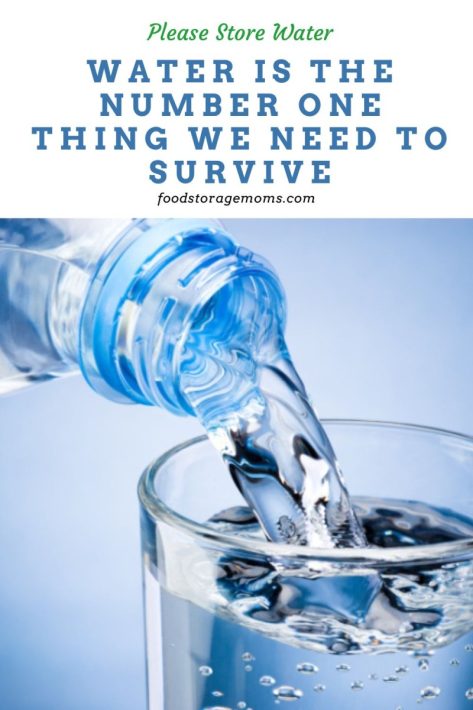
Flint Michigan Water
Speaking of lead, this reminds me of the lead poisoning that happened in Flint, Michigan. This situation disturbed me because we assume our city or county is testing the water we consume. We take for granted that the water is okay to drink and cook with when we turn the kitchen tap on. You may want to think again, my friends.
The families in Michigan were given drinks, soup, juice, and many other things for their kids and other family members. The Flint water was found to be contaminated with lead, which is one of the most dangerous things in our environment that our bodies can ingest.
Here is a link to the news article I read: CNN Report on Flint, Michigan. There are others, but this one lays out the lead issues. Let’s hope the people in Flint, Michigan, didn’t store that water in water storage containers for survival. Think about it; that scares me.
Flint, Michigan, Pediatrician
Thankfully, a local pediatrician started questioning why so many of the children visiting the clinic had similar symptoms, including rare rashes and hair loss. She went to the authorities after she had blood tests performed on the children’s blood.
This story makes me think twice about the city water I am storing; what about you? Luckily, I have a Big Berkey water purifier. Today’s post is to make people worldwide aware of the water we are using out of our local city/county water taps.
I lived in Farmington, Utah, starting in 1983 and for several years afterward. Our faucets and shower heads had yellow water. I took a glass into the city and asked the city leader about the water supply at the time and why our water was yellow.
He said the water was fine. I think not. That was about 40 years ago, and I immediately stopped using the water and ordered spring water to be delivered to our home in those five-gallon containers.
Now, I want to mention that our white tiled shower with white grout turned yellow when the shower water hit the tile. You can’t tell me that is normal.
Reverse Osmosis
I now use a reverse osmosis water treatment system in my kitchen. This system is much cheaper than the purchased water containers, and the water is better and safer to consume.
I remember a good friend’s wife died from cancer in Farmington, Utah, in 1999. I talked to the husband, Dave A., and he said a high number of cancer cases were showing up in his neighborhood.
He and I talked again after I spoke to some of my neighbors in the north end of Farmington, Utah. We started counting the homes, and it seemed like every third home had someone with some form of cancer. He took it to a local TV station. They claimed nothing was wrong. I’m afraid I have to disagree.
We are not physicians or someone in the government, but there has to be something in the ground, water source, or whatever, to make it turn yellow. It would be interesting to see the number of cancer patients in that area now. Maybe it’s something else besides the water, but at this stage, who knows?
Water To Survive:
The CDC Emergency Preparedness and Response website recommends storing one gallon of water per person daily to survive. I quote from the CDC:
“Prepare an Emergency Water Supply
- Store at least 1 gallon of water daily for each person and each pet. It would be best to consider storing more water than this amount for hot climates, pregnant women, and sick people.
- Store at least a 3-day water supply for each person and each pet (try to store a 2-week supply if possible).
- Observe the expiration date for store-bought water; replace other stored water every six months.
- Store a bottle of unscented liquid household chlorine bleach to disinfect your water for general cleaning and sanitizing.
Note: Caffeinated drinks and alcohol dehydrate the body, which increases the need for drinking water.”
I Recommend 4 Gallons To Survive:
I recommend 4 gallons per person daily and will explain why I feel a significant amount is needed. With 4 gallons of water, we can stay fully hydrated, cook, brush our teeth and other personal hygiene issues, and wash our underwear daily. I wouldn’t be washing jeans or heavy items, but I need clean underwear.
Also, I’m fearful that others aren’t as prepared as I am; I can’t turn away a small child who is thirsty or hungry. Please think about it. I recommend a minimum of two weeks’ worth of water for each family member.
Yes, I said two weeks, minimum. I prefer 30-60 days, but I have to be realistic. I understand that space and budgets are critical issues. Of course, if you live near a river that doesn’t get diverted after a disaster, you can hopefully filter the water or purify it.
Start today with the amount of water you can store for a day. Then move on to two or three days; eventually, you will have 30 days’ worth of water stored. If you have the room, store more water.
Swimming Pools Are Not A Good Option
If you have a swimming pool, that is not the best option for water. The reason is that the water can become contaminated quickly if you have lost power because the water has not been circulating or filtered. Without electricity, algae will overtake your pool.
The water could be dangerous to consume. I hesitate to recommend using a filter with the pool water because of possible air contamination. I prefer not to count on the pool water. Also, if we have an earthquake, that pool may become non-existent.
Water Storage Containers (filled or unfilled):
- WaterBricks–WaterBrick stackable Water and Food Storage Container, 3.5 gals of Liquid, 27 lb of Dry Food Products, Blue
These would be perfect to figure one Waterbrick (even though it’s only 3.5 gallons) per person per day. Easy peasy. They are stackable and easy to slip under beds if your box spring is high enough off the ground.
- Water Preserver–Water Preserver Concentrate
I prefer this over bleach because I only have to rotate my water every five years instead of the recommended six months for bleach.
- Blue Cans: The 24 cans in a case are the size of a soda can and are packed in a sturdy cardboard box. Each box of 24 cans equals 2.25 gallons. These fit perfectly under a bed or in a closet. The water is the best-tasting water in the world, literally. I buy one or two cases monthly and stack them in my closet. These would be great for college students, single moms, and families because we can set and forget these cases for 50 years. Sweet! Thanks to a fantastic reader, the cheapest place I have found is Brownells to buy these cases.
- 55-gallon water barrels – You can get these barrels with a pump at Walmart or your local emergency preparedness stores. They usually have the pumps you can buy with the barrels close to where the blue barrels are stacked. These are relatively inexpensive and more challenging to use based on how you access the water. You will need a pump, and please place some two-by-fours under the barrels so they don’t sit directly on any concrete or soil. This will stop any chemicals in the concrete or soil from leaching into the barrels.
- Lead-free hose-Camco
Please use a lead-free hose when filling your water storage containers. Let’s be safe; hopefully, your city water is lead-free.
Ways To Boil Water:
Now, if you don’t have a water filter or purifier like a Big Berkey or a PortaWell water treatment system, I suggest you find some way to boil the water you have stored if you need to boil it. The lead situation above could not be boiled to remove the lead. Boiling water produces more lead as the water evaporates through the boiling process. Check this out: CDC Lead and Drinking Water. I quote: “Heating or boiling your water will not remove lead. Because some water evaporates during the boiling process, the lead concentration can increase slightly as the water is boiled.” End of quote.
I want you to picture your neighborhood and think of ways to get together after a disaster. If you and your neighbors are without electricity for a few days, think how nice it would be to sip a cup of coffee, tea, or hot chocolate together using the treated water you’ve stored.
Butane Stove: Butane 1-Burner Stove I’ve purchased one for each of my daughters so they have at least one way to boil water in the event of an unforeseen emergency.
Butane Fuel: Butane Fuel This fuel will boil water or cook many meals. I see it this way, I only need to use the butane stove and fuel once a day to have a hot meal or boil some water.
Kelley Kettle: Kelly Kettle Large Stainless Steel Base Camp Basic Kit I love the Kelly Kettle for two reasons. First, you can use kindling or pine cones to fire up the unit and boil water outside. If you have a match, you are good to go. Firestarters are a bonus. You can make soup, hot chocolate, and other meal entrees with one of these babies!
Final Word
I hope today’s post makes you think outside the box to be prepared for the unexpected. You can survive any disaster if you have a plan. I hope you have purchased my book in paperback so you are ready for any emergency “Prepare Your Family For Survival.” May God bless this world, Linda
Copyright Images: Pouring Water in A Glass AdobeStock_253849562 By Hyrma

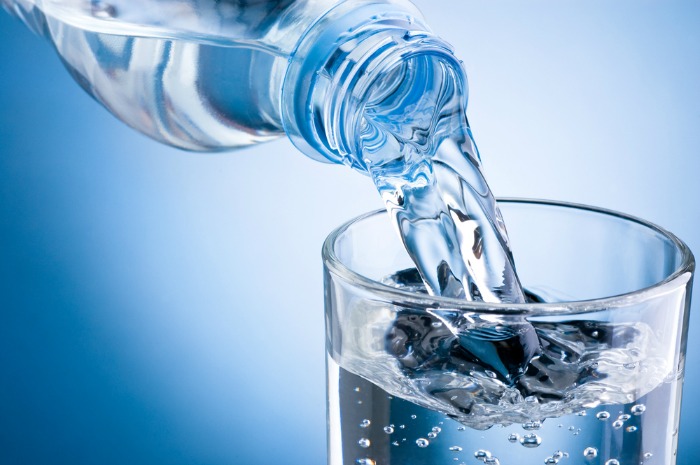

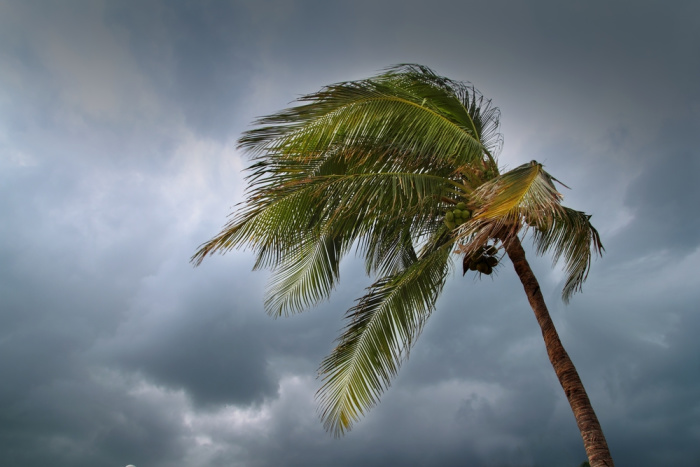
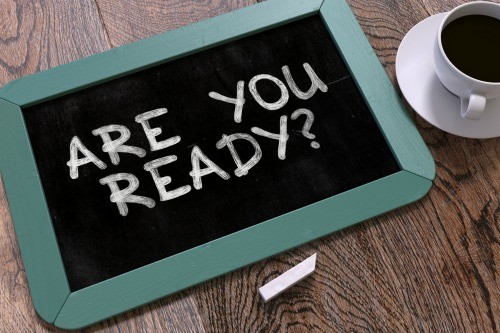
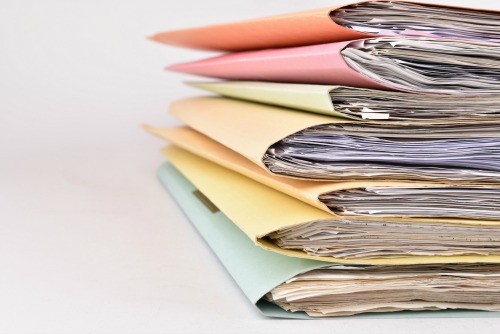
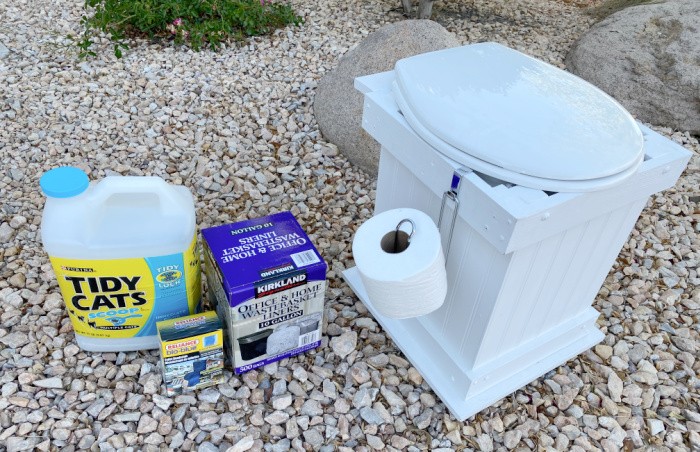
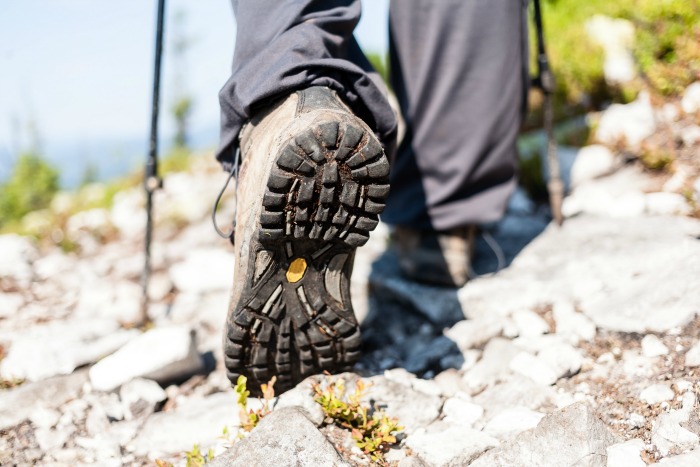


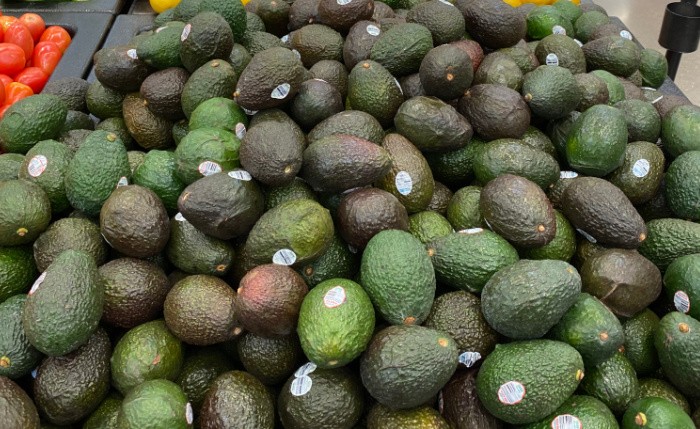
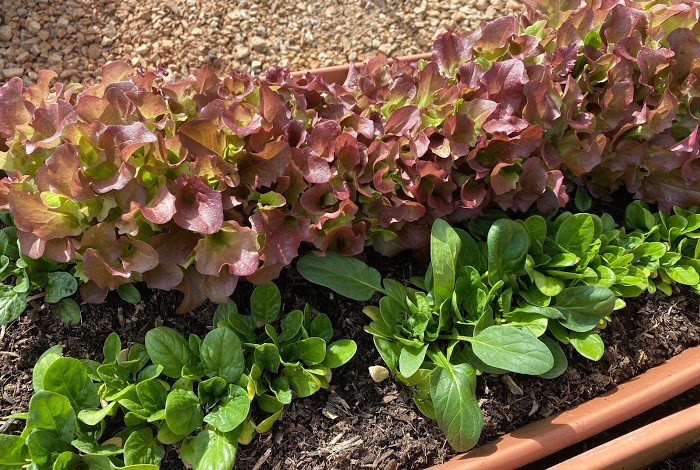
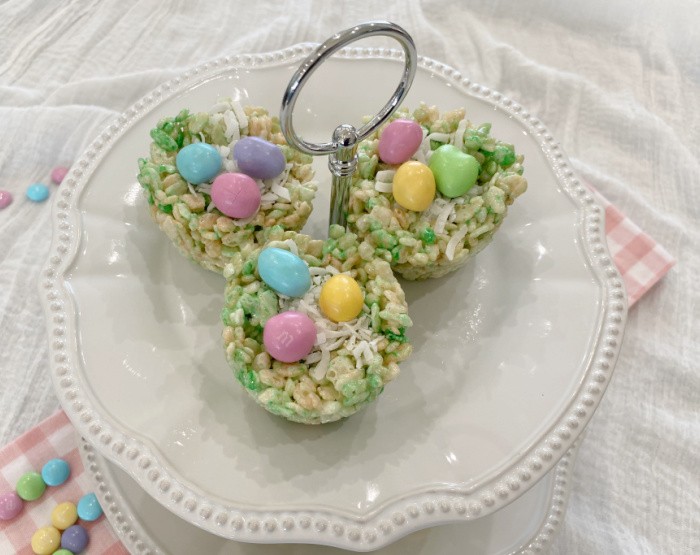
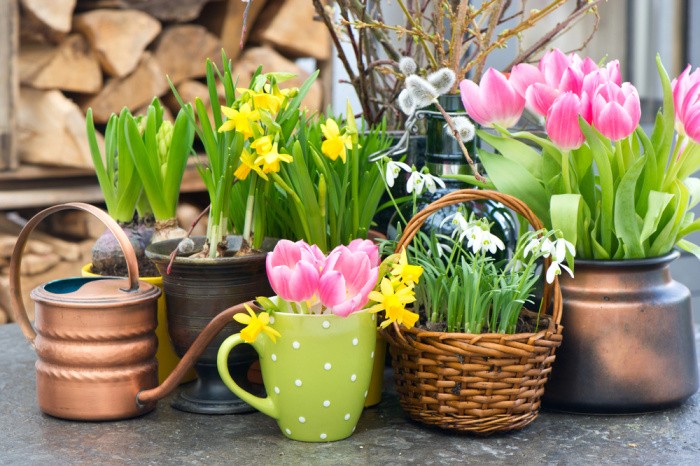
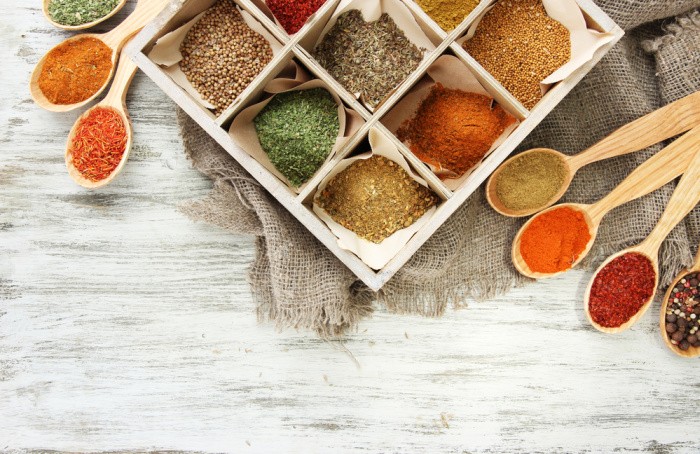
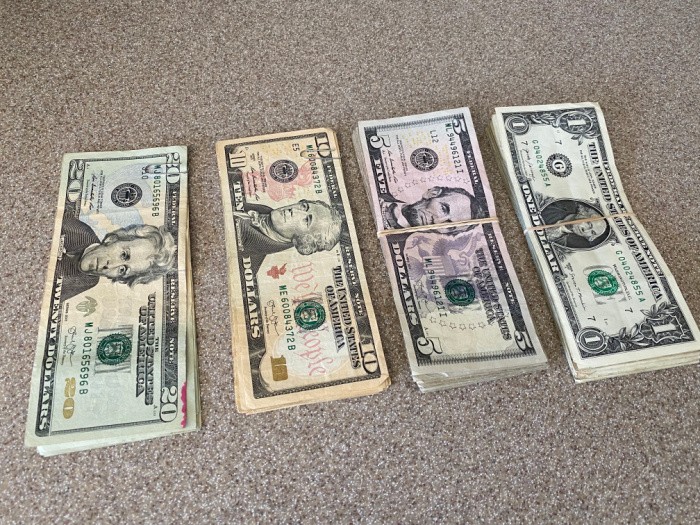
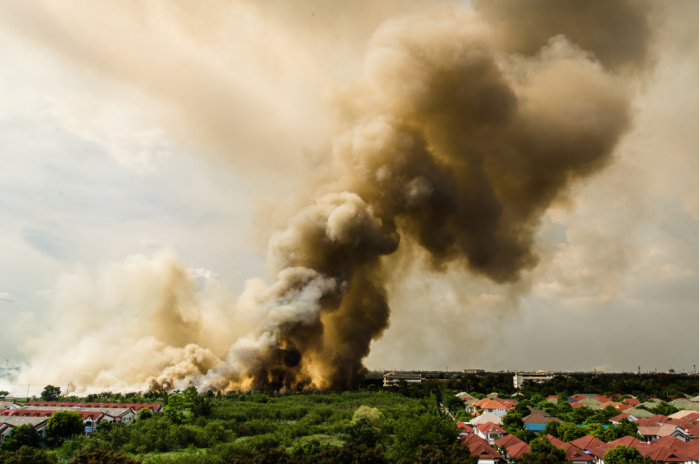
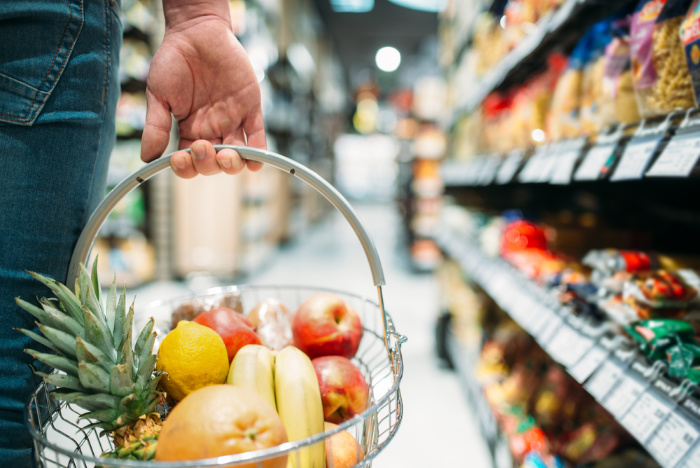
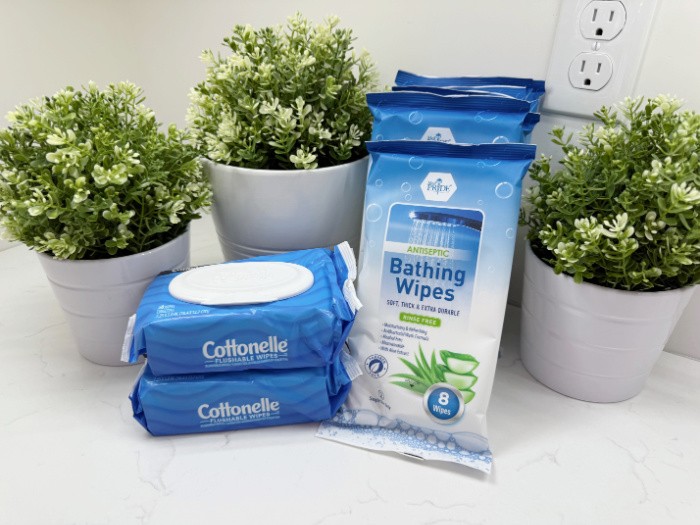
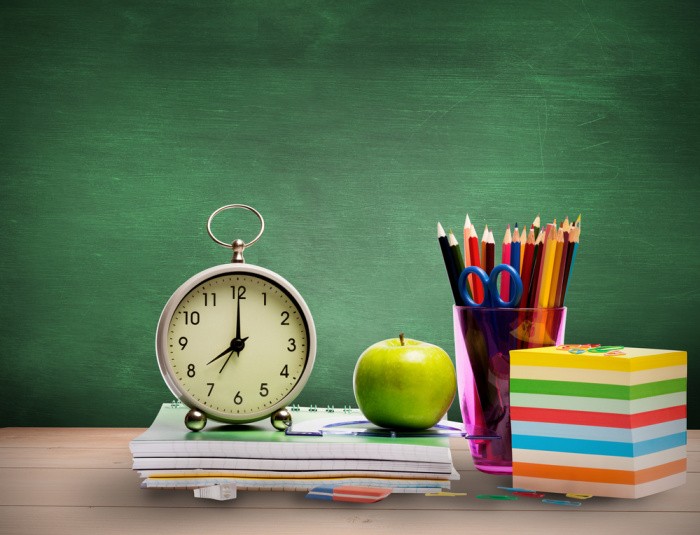
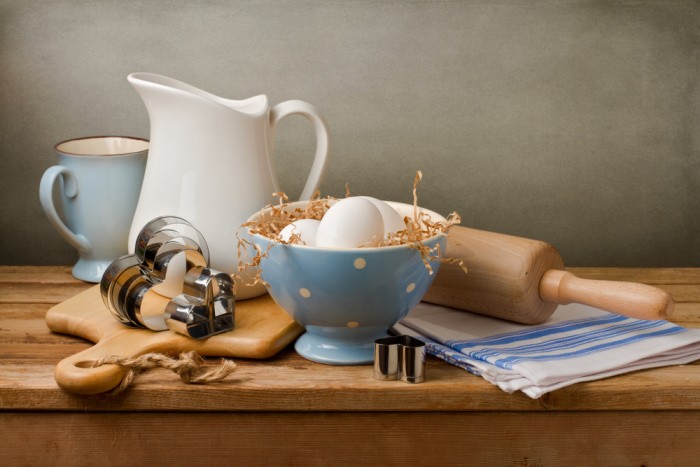

I’m very glad you addressed the issue of water quality. I read many other blogs and comments where people say they have a creek, spring, lake, river where they can get water. Even set-ups to use a bike to run pump to get it. But, right now is the time to have that water tested for purity. I have lakeshore, which yes, could be a source of water if the worst should happen. Its a pretty pristine lake, but I still go down each spring and fall, take samples,then send these off to U of M to check for contaminants. It’s free to do this. My lake continues to be deemed ‘potable’, ie, it won’t hurt a person to drink it, even without straining or boiling. This is fairly rare but has to do with land usage: dnr owns most of lake, I own 20 acres, then there are a couple people who own just a few acres on it. There are no nearby farms, other than my neighbor’s tree farm. (No pesticides or herbicides used). There aren’t any homes that have a drainage septic system which can pollute. However, the lake on the other side of road is a mess! Too many cabins with poor septic systems is the main issue: the lake regularly has warnings to not eat fish from it nor to swim in it. E-coli is a bad issue there, yet I bet many of the cabin owners think they have a good source of water. Linda, keep up the good work in raising awareness of being ready.
Linda ~ Thank you for addressing this issue.
Fortunately, I did not lose any power or water (tap) during our recent winter storm. But, I stored enough water to comfortably make it through 3 weeks of being snow bound. As it was, I was only snowbound for 5 days but it was comforting to see my jugs of water! I was telling my neighbors to fill all the containers they have just in the event that our pipes froze. Some did but most didn’t – sorry to say that people just don’t think. Now I don’t like to think the worst but I want to prepare as best I can for the worst! That is just me.
On the issue of boiling water to make it safe to drink – I read an article a few years ago that water only needs to be brought to the boiling point to kill any “bugs” in it. The article also said that one should not boil water for any length of time. As the water evaporates, it is concentrating the minerals which can also be devastating to our bodies. For example: if the issue is lead, boiling the water will only concentrate the lead in what we then drink. Boiling does not get rid of those minerals that we do not want in our drinking water.
As for the water preserver, that again kills the “bugs” but does not get rid of the minerals that we do not want to ingest. Don’t get me wrong, I don’t want those “bugs” in my water but we also need to be aware that it does not get rid of the minerals we don’t want.
Unfortunately, I don’t think there is a “perfect” answer to the water storage issue. I store bottled water, have a Berkey water filter, and have water preserver. I also know how to distill small amounts of water for drinking.
I wish more people would take all of this into consideration. I am not talking just about young people but also about older people. I think it will take a real disaster to get them to sit up and take notice. By then, it may be too late for some.
If your using pool water make sure you let it air a day or two if you can to allow the chlorine to reduce.
Then just filter it and it’s fine even once the algae starts growing. It’s no different than hiking and filtering from creeks n ponds.
I like above ground better cause it don’t scream money aka soft and I can put it wherever I want. It’ll stop a few incoming rounds before emptying too if it’s next to the house. It’ll water a garden properly placed and hosed. I can put it next to my bathroom window and bucket up enough to flush etc. (I’m on septic so I’ll last longer than city sewer). I can even catch fish and toss them in for a saved food source later or bait for traps etc.
I’m not sure on the salt water pools though. I’ve not messed with them.
Hi Matt, great comment. I’m glad you compared creeks and ponds to a swimming pool. I can’t remember why I thought the news reported algae growing in some lake back east or Florida was poisonous. I have a salt pool but I also have a Big Berkey I can use if need be. I hope it never comes to that but I value you your opinion. You are so lucky to be on a septic tank, awesome! Great comment! Linda
Red algae (ocean) is poisonous as are some lake algae blooms that’s why it’s gotta be filtered.
So the Berkey will remove the salt treatment from your pool?
Hi Matt, sorry, I just meant I hope the Berkey will remove the algae. Thanks for the info on Red algae. Linda
What Reverse Osmosis system do you have? How does it eork
Hi Mary, I paid like $400.00 ten years ago to have it installed. The group comes every year to change the filters and clean the lines for $122.00 a year. The brand is Puraflow. I believe it purifies 4 gallons of water and then generates more. I love it, I highly recommend a Reverse Osmosis system. Linda
We put in a hand pump well a few years ago. also use seychelle water bottles and pitchers.
Another absolute must have 4 Activiz products to have are great for infections, killing germs, Activz silver gel, liquid silver, silver facial cream, Silver lozenges jimbakkershow.com has ALL of the above products on sale right now. My grandson son had a bad body rash a couple of years ago when he was 6 years old and came over to our house for the day. He asked for the itchy cream. We immediately put the silver sol gel on his rash several times that day. By the time his mom came to pick him up at the end of the day his rash was almost all gone. His other grandmother couldn’t believe how fast the rash was gone.
Hi Brenda, I’m a firm believer of silver, gel, and lozenges. I love your comment!! I wish people would try it!! Great tip! Linda
I read another article suggesting storing clean tap water (presuming yours is decent) in a rubbermaid type container. This was to have water clean enough to wash up, wash clothing, and flush (again depends on your situation) without using your drinking and cooking supply. Even small bathrooms can usually fit one under the sink; larger ones possibly more. If you don’t use them, every 6 months or so use them for laundry or your garden and refill. This is something even us apartment dwellers can do. I also fill all of the water jugs and clean juice jugs with water when I get new water filters, when it tastes the best.
Hi Davette, I totally agree, we must store water however we can. Where there’s a will, there’s a way!! Hopefully, the containers will not crack and leak. The Rubbermaid products have served me well over the years. Linda
I have the water cubes but when replacing the water, I noticed the expiration date on the water drops is 2023. Can this unopened bottle be used or do I need to replace? Thank you.
Hi Brenda, if the bottle is UNOPENED I would use it. Linda
Linda, I always love reading the comments on some of the posts from before!! Since I moved to Wyoming, I have learned some things about water!! About a month after I got settled, I received a letter (sent to all residents) about a water issue. Apparently, the testing was “off”. I don’t recall all the issues but… The first time I tasted the water I knew I wasn’t going to drink it!! I had my Berkey set up anyway but still the water tasted wrong and that was with new filters!. So I started buying my water rather than using the Berkey water. I knew, however, that the Berkey water was way cleaner than the tap water. So I do use the Berkey water for cooking some things as long as I am draining the water. I found out that the water, while not tasting good to me, was potable. It just doesn’t taste very good! I now get my water from my daughter and son-in- law’s home as they use reverse osmosis.
Something that I would recommend is having your water tested by an independent lab. If you go to the city, they will always tell you the water is fine!! So, if you are really concerned, take a sample of the tap water (at the kitchen sink as well as the bathroom – sink or shower) and go out of the area to an independent lab. It will cost you a bit but you would then have peace of mind. If you live out in the country and have well water, it is still important to have your water tested periodically.
As for storage of water, as I get a bit older, I am finding that even the water bricks that hold 3.5 gallons is too much for me to lift (well most likely because I broke my shoulder a year and a half ago and it still isn’t right!!). So I am opting for smaller containers. Water Bricks has a 1.6 gallon container that I am going to purchase soon. I will still use the 3.5 gallon Bricks.
Hi Leanne, I will never drink or cook with tap water, I don’t trust the city water. Reverse Osmosis is the best in my mind as long as you change out the filters once a year and clean the tubes and check the water pressure. You are blessed to get water from your daughter. I love it! I agree get your water tested in a different lab other than your own city. I will have reverse osmosis in my house, I can’t wait. The city water here does not taste good. Linda
Hi Linda. We’re still working on storing water. We have a well and at this time the quality is pretty good although we will filter it.
We are thankful for a great wheat harvest this year and the garden is finally taking off:cucumbers, tomatoes, and blackberries and peppers are coming in strong. I’m busy canning so haven’t had much chance to comment lately, but I read your blog everyday.
Hi Paula, oh my gosh, this is such good news to hear! Gardens are a blessing, yay!!! You have a well, you are so lucky! I can almost taste your blackberries!!! Linda
If anyone is interested, Brownells is offering free shipping on purchases $49 and up through the end of July. You may need to get on their email list to see the deal, but it sure helps if you were thinking of trying the Blue Can water. I ordered the 9-pack cases, 32 oz per can. We had to try one. 🙂 Gosh it tastes good when chilled!
Hi Lori, THANK YOU!! Ths is my favorite water and the cheapest place to buy it!! I only buy the 24 pack of 12 ounce ones but boy is that water the best ever! It’s super easy to store too! Linda